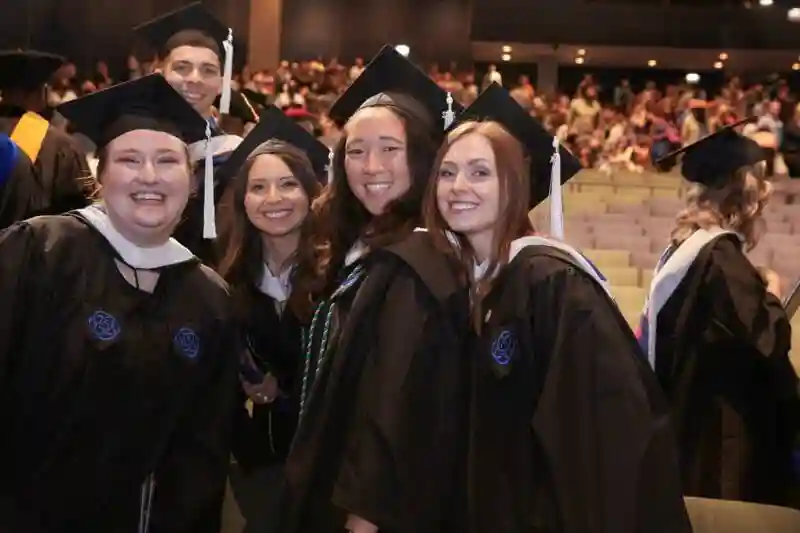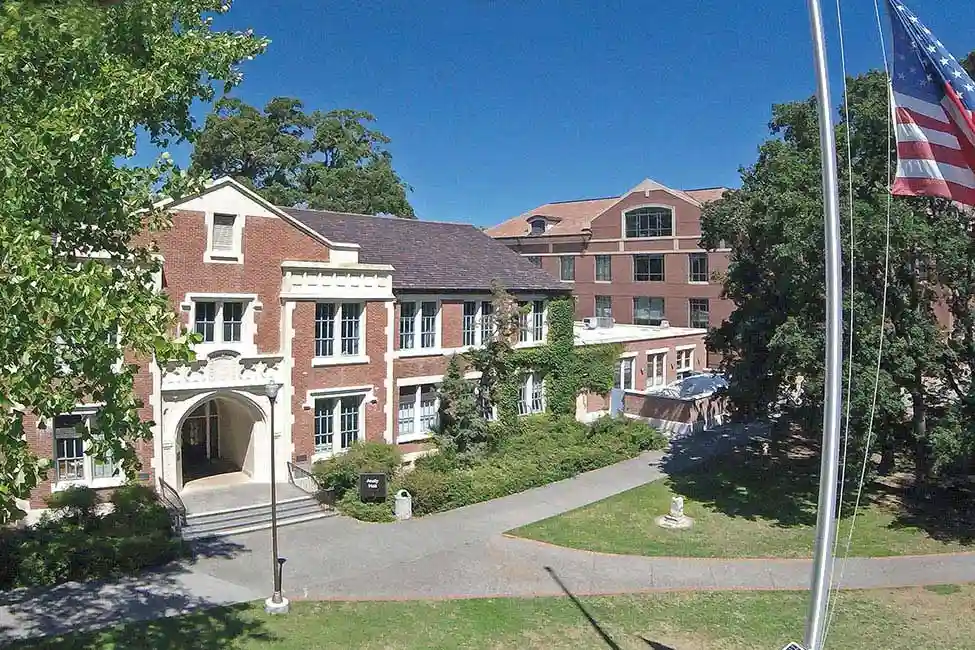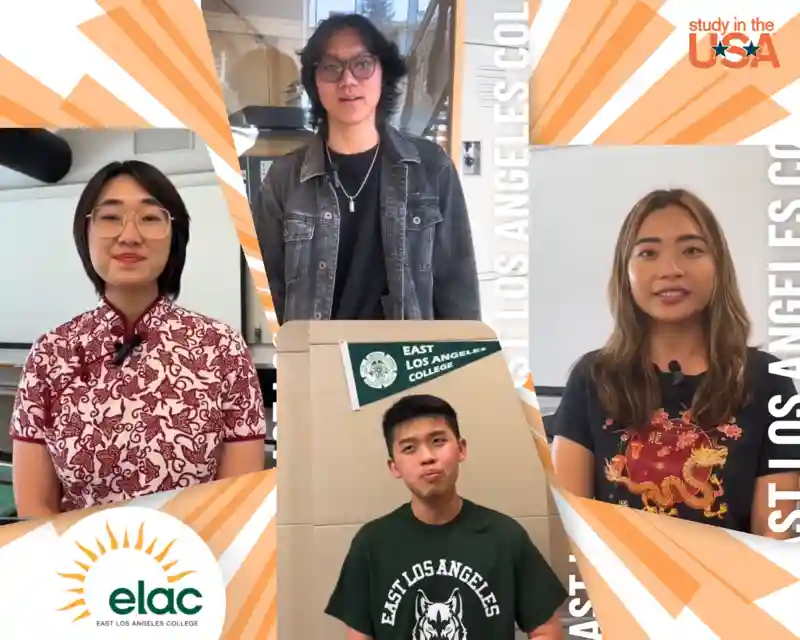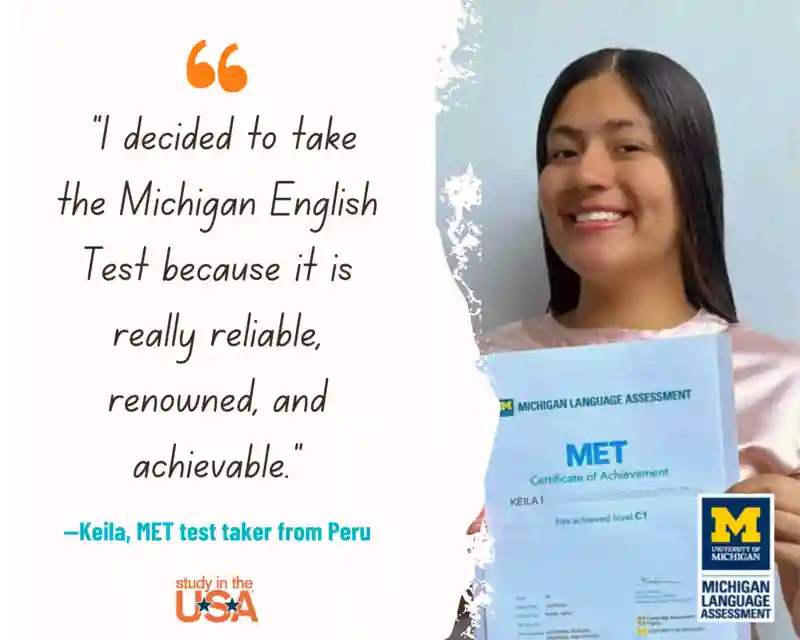Tips for Getting Your Student Visa

Things you need to remember and do to ace your visa interview.
The start of your international student journey begins with getting your U.S. student visa. Your student visa will give you clearance to study in the U.S. and will be valid for up to five years, or for as long as you continue to be a student. Although getting your student visa can be challenging, the skills gained in obtaining your visa will continue to help you as you prepare to study abroad.
Visa requirements vary from one country to another, but the following tips will help you on your journey.
Keep things in perspective
The visa application process can take months. Go into this process with an open mind and expect to face some obstacles; it’s all a part of the process. As you work on collecting documents, meeting with your consular officer, and juggling the responsibilities of your day to day life, try to envision yourself at the end of this journey. Keeping things in perspective will give you the extra push you need to make it to the U.S.
Practice your English
Your student visa interview will be held at the U.S. Embassy or consulate in your country and will be conducted in English. Although your English ability on its own won’t be taken into consideration, speaking with some level of fluency can help convey your story to your interviewer. Being able to communicate effectively in English is important to finding success in the U.S., and your student visa interview is a great opportunity to test yourself.
Learning English is a lifelong pursuit for many international students and an important part of your student journey. English proficiency is required for admission into many schools and English language programs. English learning resources are abundant and can help you prepare for your visa interview as well as your TOEFL, IELTS, or other English language test.
Collect documents for your visa application
There are documents specific to your visa application and others specific to your visa interview. These documents must be presented at the embassy or consulate at the time designated by your consular officer.
Items to take to your visa interview include:
-
Form I-20, “Certificate of Eligibility for Nonimmigrant Student Status”
-
Form DS-160, “Nonimmigrant Visa Application”
-
A photo that meets U.S. visa photograph requirements
-
An up-to-date passport
-
Proof of the visa application fee payment
There is a possibility that you will be asked to bring further documentation, including proof of funding, ties to your home country, etc. Your home country may also have its own unique requirements, so be sure to check with your consulate before your student visa interview.
Showcase your story
Your student visa interview will last five minutes or less (yes, you read that right). In that time, you want to communicate to your consular officer why you’d make a great candidate for studying abroad. Try to be specific in all of your answers and speak as concisely as possible.
Avoid generic responses and keep the focus on answers that relate to your candidacy. Your consular officer will guide the conversation in several directions.
What can you expect to be asked during your visa interview (including, but not limited to)?
-
What are your study plans?
-
What’s your financial status, and how will you be funding your studies?
-
Where will you attend school?
-
Are you able to perform at the level required for college success?
-
What do you plan to do after graduating?
In those five minutes, show that you have a strong “why” for studying in the U.S. Is it because the U.S. is the premier study abroad destination? Do you believe your career prospects back in your home country will improve because of a degree from the U.S.? Share the necessary information, and be brief and focused in your responses.
Share ties to your home country
What compels you to return home? Consular officers will be keeping a keen eye on your true intentions for going to the U.S. If you’re planning to go to the U.S. to stay in the U.S., that’ll raise a red flag on your candidacy and put your study abroad at risk. You must convey to the officer that you’re going with the intention of gaining knowledge and experience that will be taken back to your home country. Ties to your home country can be your family, a job, your business, or a larger calling to serve your home country.
Bringing tangible proof of your intent to return home can be a useful addition to your candidacy. This can include documents showing employment in your home country, a statement or promise of future employment, proof of assets that you own, or even something like a marriage certificate. The stronger your ties to your home country, the more likely you are to assure the officer that you’re going to the U.S. to study.
Avoid controversial topics
We mentioned earlier that you should be careful when speaking about staying in the U.S. To be more specific, post-graduate programs such as the CPT or OPT are great options for international students looking to build their careers, but it might be better not to mention them in your interview. Seeking employment in the U.S. after graduation hints at building a life there rather than returning home.
Rehearse your responses
With interviews lasting less than five minutes, your interviewer will have a few specific questions for you to answer, so it’s best to be well-prepared. Research the most commonly asked questions that students have been asked on their student visa interviews, and rehearse your answers over and over. Leave a little room for flexibility in your responses, but make sure your answers are very clear.
Prepare for success
Getting your student visa takes some work, but the reward is more than worth it. Follow these tips and you’ll be on your way to the U.S. in no time!
Charles Varghese
Get matched to the best program for you
Let us know what you're looking for so we can find the best school for you.
Useful Articles
Check Out These Schools



Joliet Junior College
$10,000 — $15,000 Year

East Los Angeles College
Typical cost per Semester: $10,000 — $15,000

University of North Georgia
Typical cost per Year: $15,000—$20,000

Santa Rosa Junior College
Typical cost per Year: $10,000 — $15,000
Start your U.S. adventure with Study in the USA

Learn About U.S. education financing, housing, and more
Resources
Learn about American culture and education direct from our experts at Study in the USA. Read more












